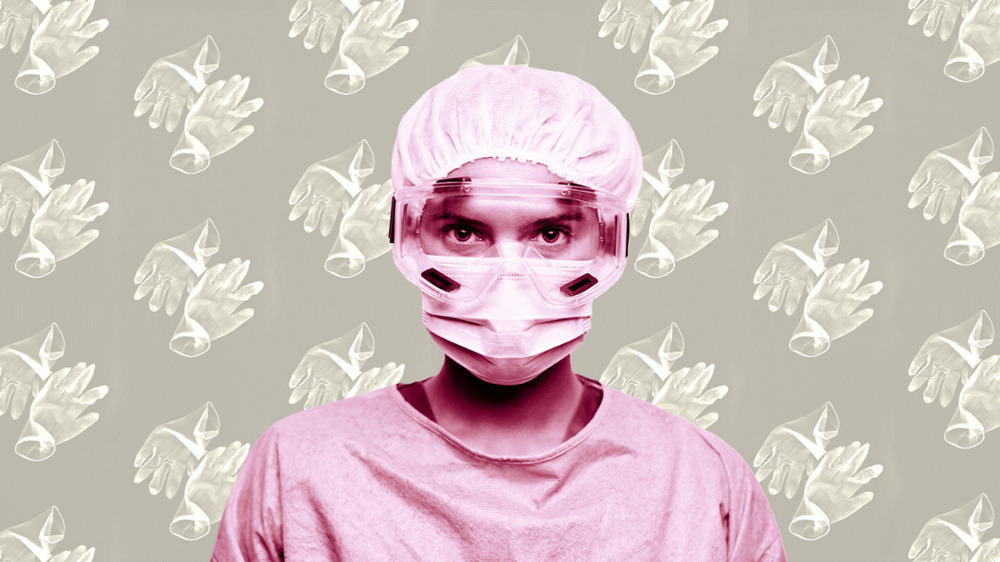
*Editor's note: This story was written in Fall 2020, prior to the approval of any COVID-19 vaccines.
By Karen Shih
As the COVID-19 pandemic sweeps across the nation, the doctors of Heller’s Executive MBA for Physicians program are on the front lines. From treating the sickest patients in the emergency room to guiding state-wide health policy, they’re working to ensure both the safety of fellow health care workers and the highest quality of care for patients, drawing on their courses from the EMBA program.
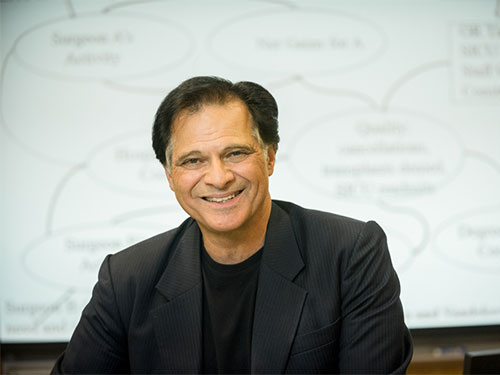
“COVID-19 has unleashed one of the most uncertain situations for every country and healthcare system in the world. As the outbreak unfolds, the question is, will leaders be overwhelmed, or will they adapt and find innovative pathways and responses to not only cope but improve their management? This is exactly the situation that tests quality and effectiveness of leadership,” says Jon Chilingerian, director of the Executive MBA for Physicians Program and Executive Programs.
To prepare its students to meet the challenge, the EMBA program teaches essential MBA classes, such as leadership and organizational behavior, strategic management, accounting, finance and operations, as well as physician-specific classes like management of healthcare organizations, national and state health policy and healthcare entrepreneurship. EMBA students are experienced, mid-career physicians who continue to practice while they are in the program, so they can apply what they’re learning immediately.
This year, the EMBA program adapted its curriculum in direct response to the pandemic, bringing in experts such as the director of the Maine Center for Disease Control and Prevention and the medical director of emergency preparedness at the Mass General Brigham health system.
“We’re training our physicians ahead of time and in the moment. Circumstances change minute by minute,” Chilingerian says. “They’re protecting inventory, making sure there’s enough PPE (personal protective equipment) in the supply chain, setting up testing sites, redeploying front line clinical and non-clinical people.”
The EMBA program also offers an invaluable network of physicians across the country and around the world, which allows students and alumni to share new and developing clinical and leadership insights on the pandemic in class and through group chats.
From Boston to Mississippi, four EMBA students and alumni share how they’re using their EMBA connections, resources and skills to navigate the pandemic.
- Dr. Wendy Macias-Konstantopoulos, EMBA’21, emergency physician, Massachusetts General Hospital
- Dr. Lynn Gardner, EMBA’21, director of the Pediatric Residency Program, Morehouse School of Medicine
- Dr. Bill Killinger, EMBA'20, chief medical officer, Medical Center of Trinity
- Dr. Clay Hays, EMBA’21, past president, Mississippi State Medical Association
Making health care accessible to everyone
Dr. Wendy Macias-Konstantopoulos, EMBA’21, is used to working under stress. As an emergency physician for the last 17 years at Massachusetts General Hospital (MGH), she and her emergency department (ED) colleagues treat more than 100,000 patients each year.
“But at the peak of the COVID-19 surge in mid-April, it was very different from a regular day in the ED,” she says. “We were seeing very critically ill people. Those who appeared to be stable would decompensate pretty quickly and we’d have to respond urgently to their bedside. Some days we were intubating 3 to 4 times more patients than usual, an unusually high number of people requiring ventilators.”
In the midst of the surge, the state released its Crisis Standards of Care (CSC) guidelines, determining how to prioritize patients if the surge overwhelmed hospitals and ventilators and other resources had to be rationed.
She and several fellow emergency physicians quickly realized the guidelines would harm marginalized groups, particularly communities of color and people with disabilities, and needed to be revised. They formed the Massachusetts Coalition for Health Equity (MCHE), joining with community stakeholders, lawyers, ethicists and community advocates, to write op-eds, meet with state representatives, and testify before the Boston City Council.
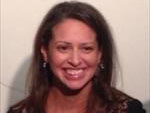
“We knew that decades of historical structural inequities in this country meant that our communities of color are not on the same playing field when it comes to health,” says Macias-Konstantopoulos. “Conditions like diabetes mellitus, heart disease, and chronic kidney disease are more prevalent among people of color and the stages of disease are more likely to be advanced among these same groups due to factors such as health care access, medication affordability, and detrimental environmental exposures. Essentially, taking common chronic diseases into account in the process of prioritizing patients with ‘greatest survivability’ to receive scarce critical care resources meant that they would be penalized three times over.”
MCHE’s advocacy worked. In late April, the Massachusetts Department of Public Health released a revised version of the CSC guidelines. Determined to create an even more equitable framework, Macias-Konstantopoulos and her MCHE physician colleagues secured a meeting with Health and Human Services Secretary MaryLou Sudders to propose additional concerns and changes. Throughout the summer and fall, other MCHE advocates have continued to work with DPH to update its guidelines as the pandemic has continued.
Macias-Konstantopoulos credits the EMBA program with giving her the tools to create state-wide policy change, especially her class with national and state policy expert Stuart Altman. The program is also helping her achieve her broader goal of engaging emergency medicine more effectively with underserved populations.
“Our mission at Mass General is community health. We’re not just about individual care in the examination room, but about scaling out larger public health interventions,” Macias-Konstantopoulos says. “The EMBA teaches me about the business side of medicine and how to think creatively and strategically to create programs that deliver care to everyone, including those who don’t have insurance and who have unmet needs that impact their health beyond just medical care. How can we make health care accessible to everyone?”
Guiding through uncertainty
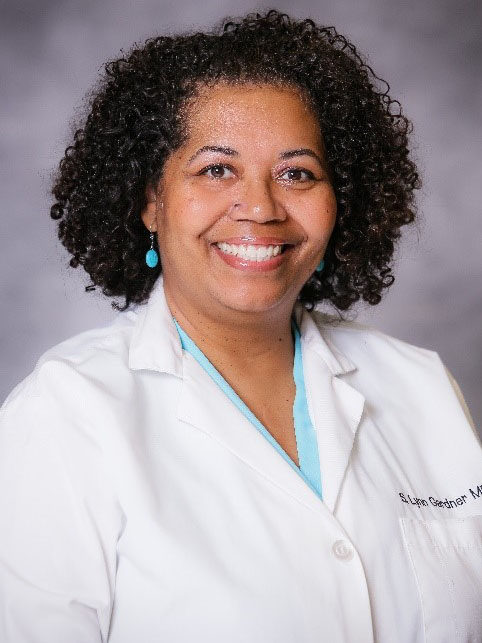
As the director of the Pediatric Residency Program at the Morehouse School of Medicine in Georgia, Dr. Lynn Gardner, EMBA’21, needed to be a strong leader for her 18 residents when COVID-19 disrupted their usual training.
“I have found the Heller MBA program to be immediately applicable and the classes to be extremely timely,” Gardner says. “The things I’ve learned in my leadership classes have helped me with residents in real time, guiding them through uncertainty.”
During their three-year residency, Gardner oversees their clinical experience as well as lessons in the classroom. At the start of the pandemic, one of her biggest priorities was making sure the residents were safe, teaching them how to properly wear and remove personal protective equipment like surgical and N95 masks and gowns. Then, as the pandemic continued and their rotational experiences with community physicians became limited, she had to find alternative experiences to make sure their education wasn’t compromised.
“I’m really proud of how resilient and flexible they’ve been. When you’re younger in your career and lack experience, you don’t have the benefit of baseline knowledge,” she says.
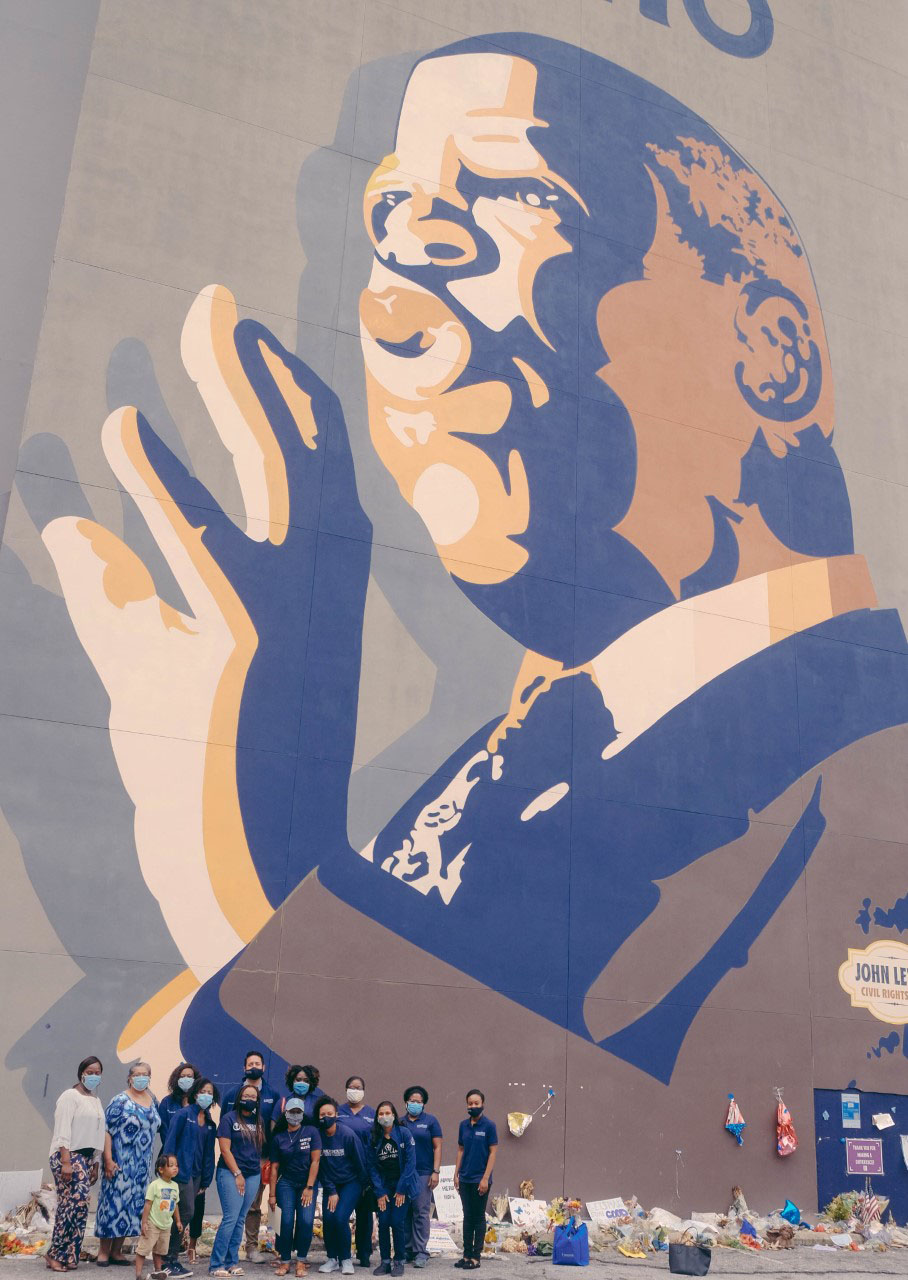
As pediatricians, she and her residents didn’t face the same surges as other physicians. But since children can be COVID carriers and frequently get colds and stomach bugs, they had to be vigilant about distinguishing those symptoms from COVID symptoms. In addition, the emergence of multi-system inflammatory syndrome in children (MIS-C), a serious but not well understood syndrome in certain young COVID-19 patients, presents a new challenge for pediatricians.
In addition to navigating clinical challenges, Gardner is also teaching her residents about the bigger-picture issues in health care made evident by COVID-19, which hit particularly close to home at Morehouse, a historically Black college.
“Our mission includes enhancing health equity, so watching the disproportionate number of people who acquired and died from COVID from underrepresented minorities was an example of how systemic inequities affect us from a health standpoint,” Gardner says. “It’s been a huge wakeup call, and a clear example of what we’re teaching our students. COVID allowed what we know to be true to be illustrated in a very visible way nationally.”
“Sobering, hard work”
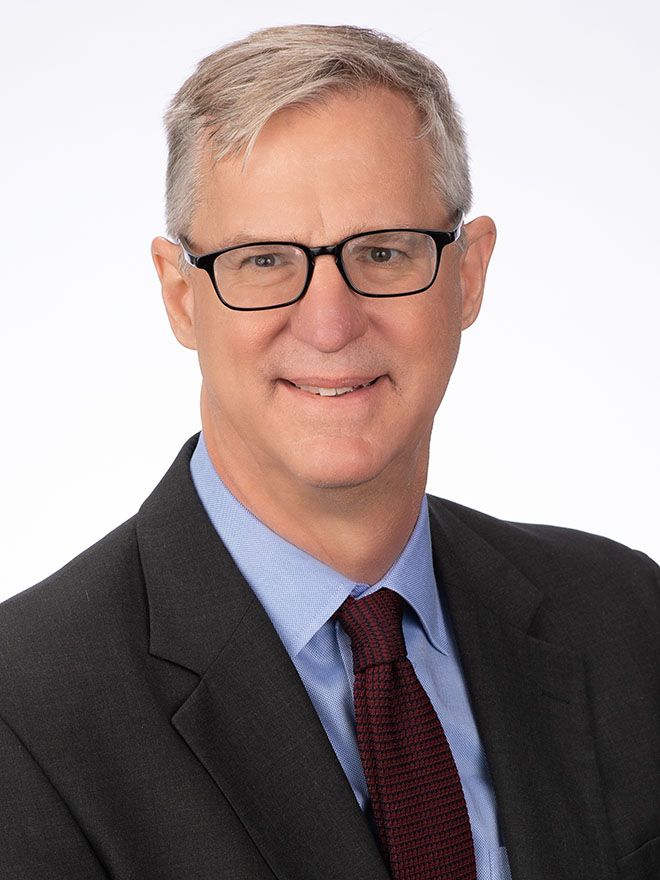
Even when COVID-19 was still half a world away, largely contained in China, Dr. Bill Killinger, EMBA’20, was starting to prepare his community hospital outside of Tampa to take on the mysterious new virus.
“We were working 20 hours a day,” says Killinger, who serves as chief medical officer (CMO) of Medical Center of Trinity. “Florida is a big international destination, and we also have a lot of snow birds from New York and New Jersey, where COVID was surging early on. We were really quite concerned.”
As CMO, Killinger is the only physician in the C-suite, and he’s responsible for patient safety. That’s the lens he brought to critical discussions, starting in February, about how to expand the intensive care unit to care for two, three or even four times the usual number of patients. He and the hospital leadership created plans to convert classrooms into ICU beds and use short-term transport ventilators if other ventilators ran out. They also worked with the ethics committee to create a fair and equitable process for determining how ventilators would be distributed during a surge.
“It was sobering, hard work,” he says.
Killinger also looked beyond Trinity, forming a triage committee with two other competitor hospitals and the county emergency management system.
“One of the things we saw in the southern part of the state was that nursing homes would get one infection and it would spread like wildfire. If you have 60 patients needing admission, how do you distribute them? We brought together all the CMOs, nursing officers and ICU directors to make those decisions,” he says.
Killinger had only been on the job for four months before the pandemic struck. He credits his EMBA for helping him hit the ground running and his EMBA colleagues in the Northeast for helping him prepare his hospital.
“Coming into a new organization, working in teams and implementing a lot of changes fast is something the MBA really emphasizes. I fall back on those lessons every single day,” he says. “We were never overwhelmed, but we got right to the edge of it, and I’m thankful that I could learn from my classmates’ experiences and lessons from the Heller program to navigate all of this.”
At the height of Florida’s June surge, his hospital was treating 35-40 COVID patients at a time, with several on ventilators. By early fall, the hospital was treating about half that number, though Killinger and his team were prepared for another winter surge. But even as the pandemic continues, he urges people to continue to seek care for other ailments at the hospital, rather than staying home out of fear.
“I honestly think you’re safer in the hospital than in a grocery store,” he says. Over the past six months, they’ve learned the best ways to clean the hospital, distribute PPE and keep COVID patients isolated. “It’s important for people to get normal healthcare and not to stop going to the doctor. There’s a lot of disturbing national data about people dying at home of heart attacks, or having advanced breast or colon cancer because they didn’t get checked.”
“The voice of hope”
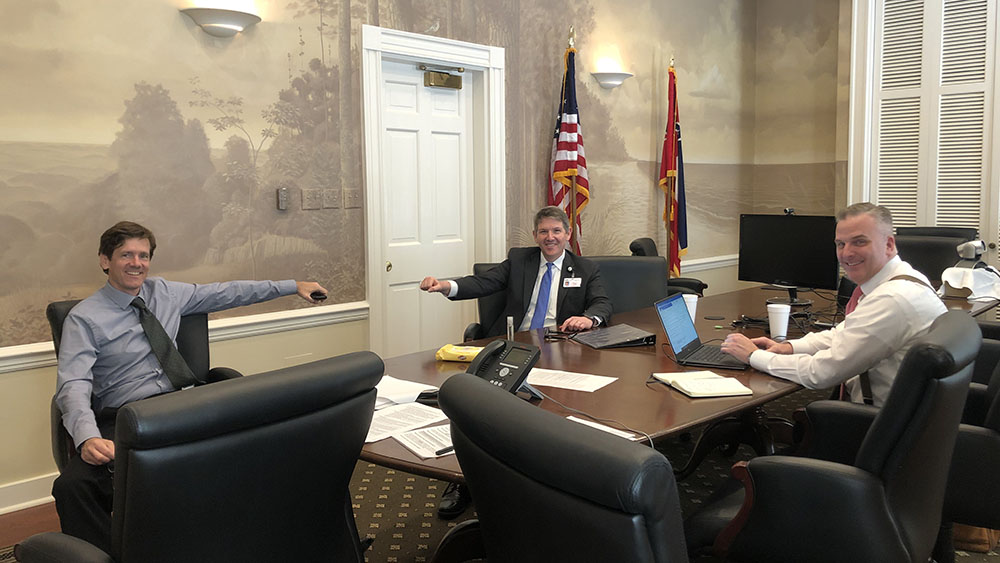
In a state as sprawling and rural as Mississippi, making sure residents are getting the best health care in every corner of the state isn’t easy. But Dr. Clay Hays, EMBA’21, knew he had a unique responsibility.
Hays was in the middle of his year-long service as president of the Mississippi State Medical Association when the pandemic struck. He immediately started working with State Health Officer Dr. Thomas Dobbs, an infectious disease specialist, and Gov. Tate Reeves to develop a policy plan and pick people to serve on the governor’s COVID-19 advisory committee. The three of them held weekly in-person and social media press conferences to update state residents and medical professionals on the steps the state was taking to contain the spread of the virus, including canceling elective procedures, turning to telemedicine and closing down schools.
“It was a very stressful time but we had to be the voice of calm and the voice of hope,” he says, crediting the EMBA program’s media training with helping him communicate well through all types of media. “We had to strike a balance, keeping the economy open but people safe.”
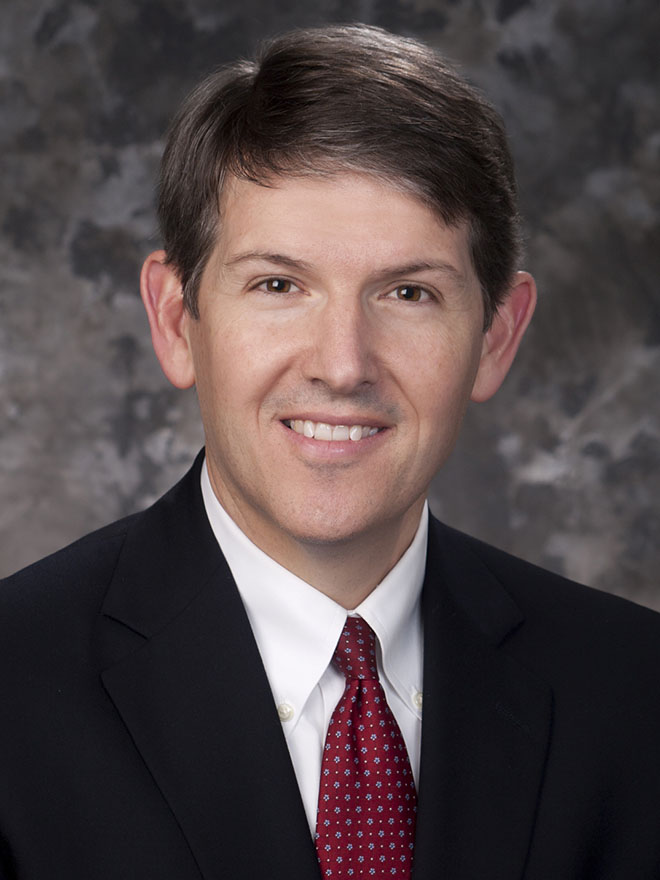
A key advantage Mississippi had in tackling the coronavirus was a state-wide system of care already in place for heart attacks, strokes and trauma, Hays says, with the state health department serving as a central warehouse for all of the hospitals in the state.
“Since we already knew the number of ICU beds in the state and could keep track of the open beds, if someone got really sick on the coast and needed to be on a ventilator, we could fly them to north Mississippi if a bed was open there,” Hays says. “We made sure we took care of all Mississippians.”
Challenges remained, such as procuring enough PPE and COVID-19 test kits. Maintaining enough nurses was a big problem, as they were lured to other states by higher pay, or needed time off to care for children out of school. In response, Mississippi fast-tracked licensure for out-of-state nurses.
In addition, “Mississippi is very rural, so when telehealth ramped up, we realized we have to have a more robust system and infrastructure of wireless and hardwire,” Hays says. “We are working with the legislature and local internet companies to try to figure out how to piggy back off power lines to provide internet access.”
That’s a lesson he learned from the EMBA program. “You have to go where the problems are. That’s what leaders do,” he says.
With the pandemic far from over and new information emerging every day, EMBA Program Director Chilingerian is confident that his students and alumni will continue to be strong, strategic health care leaders.
“As leaders we tell them that some problems can never be solved—they have to be managed. To cope, they have to stay ahead and prepare for the worst,” he says. “These physicians are incredibly well trained in biomedical science, and now they’re bringing that together with management science. That’s the education they need to manage the world of health care today.”
